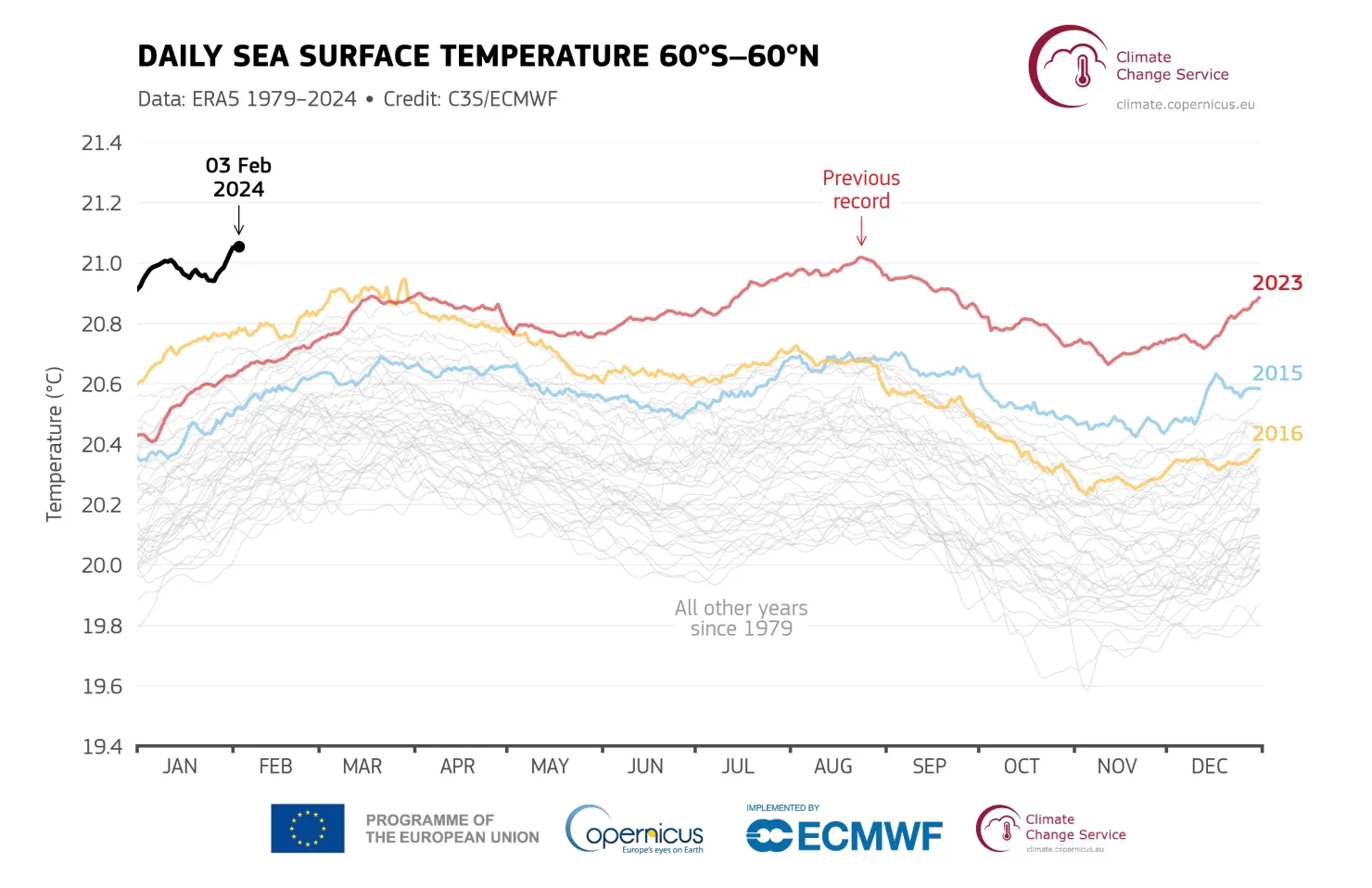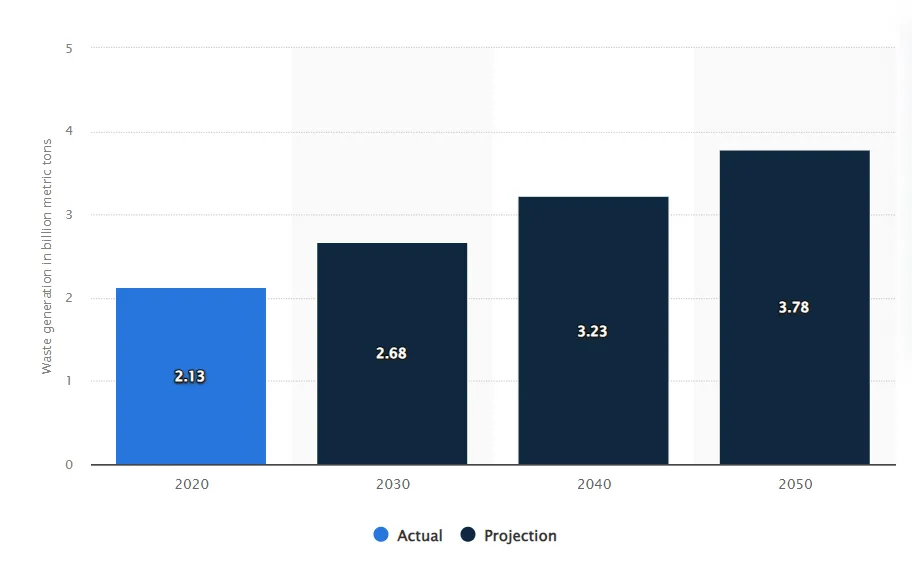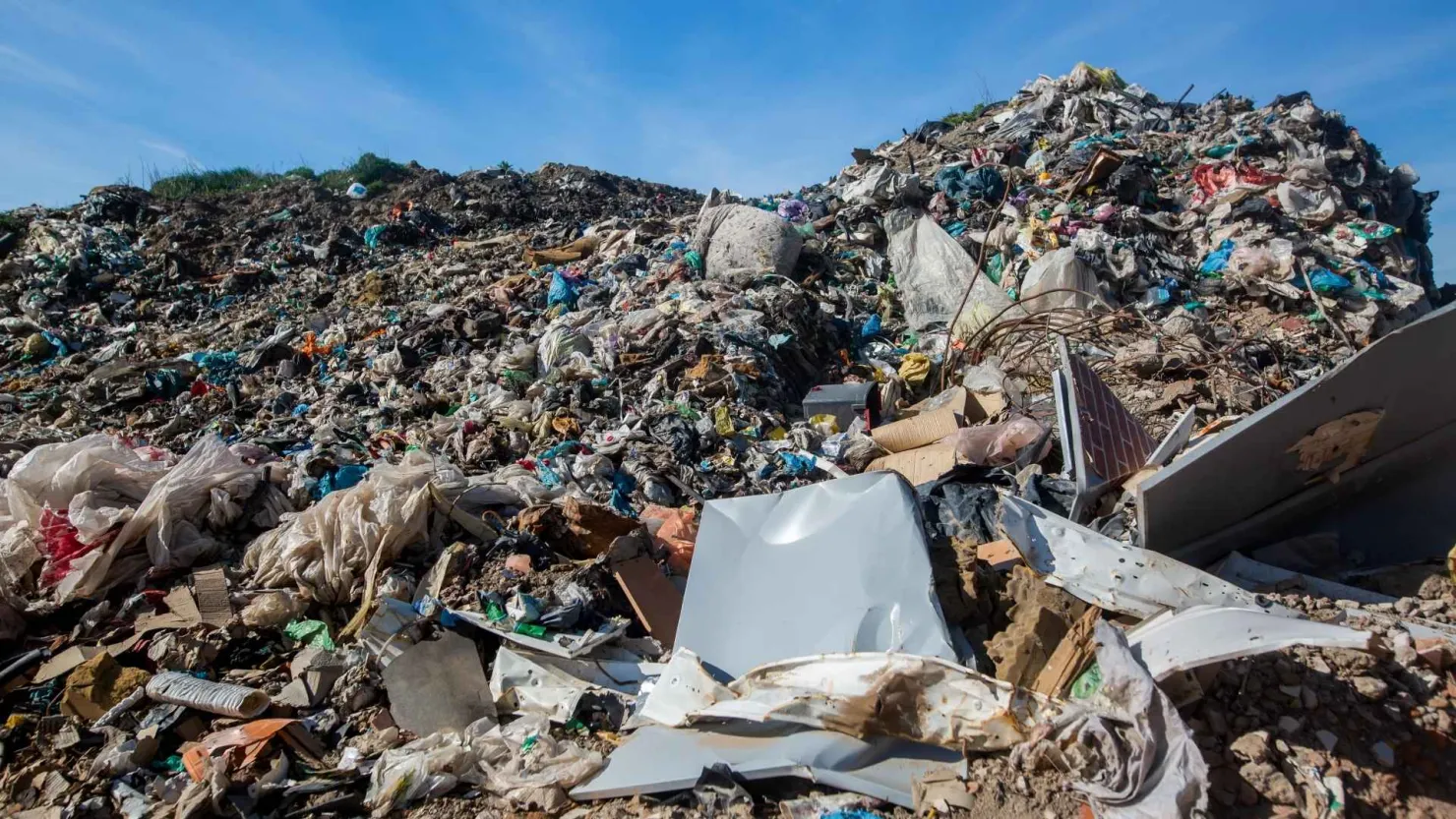Smart tech, green goals: how RFID and other tracking technologies drive business sustainability
As the world confronts an alarming increase in climate-related disasters, businesses face growing pressure to adopt sustainable practices. From extreme weather events to resource scarcity, the effects of climate change are pushing companies in the US and around the world to rethink their operations and embrace innovative solutions.
The United Nations Environment Programme reported that global municipal solid waste generation is projected to increase from 2.1 billion tonnes in 2023 to 3.8 billion tonnes by 2050.*

In this context, Radio-Frequency Identification (RFID) technology and other tracking technologies stand out as a transformative tool that can significantly enhance sustainability efforts. By providing precise, real-time data on assets and inventory, these technologies empower businesses to optimize resource use, minimize waste, and streamline supply chains.

© Statista 2024
Here is how RFID can help your company be more sustainable and contribute to the fight against climate change:
Making better use of assets
RFID tracking allows companies to monitor where their assets are, how they’re being used, and their condition. This level of visibility helps businesses make the most of their resources, reducing the need for extra equipment. Lower stock levels and fewer out-of-stock items mean less manufacturing and transport, cutting costs and reducing the carbon footprint. Regular maintenance and timely repairs also extend asset lifespan, reducing the need for frequent replacements.
Cutting down on waste with smarter inventory management
Tracking technologies help businesses reduce waste at different stages. By prioritizing items with imminent expiry dates, companies can prevent overstocking and reduce unnecessary landfill waste.

Preventing losses
Lost assets due to theft, misplacement, or damage carry significant financial and environmental costs. RFID can, for example, track reusable transport items like pallets, containers, and plastic boxes, reducing frequent replacements and the waste associated with them. In healthcare, lost medical devices lead to valuable time wasted by professionals looking for them.
This solution offers an undeniable technological, logistical, and environmental breakthrough in the process of managing reusable boxes in the fresh fish industry.
Improving operational efficiency
Streamlining processes with RFID and tracking technologies can boost operational efficiency. Real-time monitoring can highlight inefficiencies in the supply chain, allowing companies to address them quickly. By reducing the need for manual checks, businesses can avoid delays and errors, save energy and materials, and improve both productivity and sustainable operations.

Supporting the circular economy
Tracking technologies are instrumental in promoting recycling and supporting a circular economy. RFID helps companies manage the lifecycle of materials, ensuring that products are recycled or disposed of responsibly. This allows businesses to know when an asset is nearing the end of its life and decide whether to refurbish, repurpose, or recycle it.
RFID and other tracking technologies are valuable tools for businesses looking to boost their sustainability efforts and adopt green supply chain practices. By optimizing asset use, reducing unnecessary resource consumption, and improving recycling efforts, these technologies offer a clear path to meeting sustainability goals. Beyond environmental benefits, they also improve space utilisation, customer satisfaction, and workforce well-being.
At RFiD Discovery, our RFID, BLE, and other tracking solutions help organisations across the globe streamline processes, reduce costs, and remain competitive—all while advancing sustainable practices. Contact us to find out more.
Sources:
*Beyond an age of waste, Global Waste Management Outlook 2024, UNEP https://www.unep.org/resources/global-waste-management-outlook-2024
Municipal solid waste generation worldwide in 2020, and projections from 2030 to 2050 Municipal solid waste generation 2050 | Statista
Copernicus: In 2024, the world experienced the warmest January on record Copernicus: In 2024, the world experienced the warmest January on record | Copernicus
Using RFID technology has improved our care and provided a return on investment by saving us hundreds of thousands of pounds, and thousands of hours of nurses’ time.

